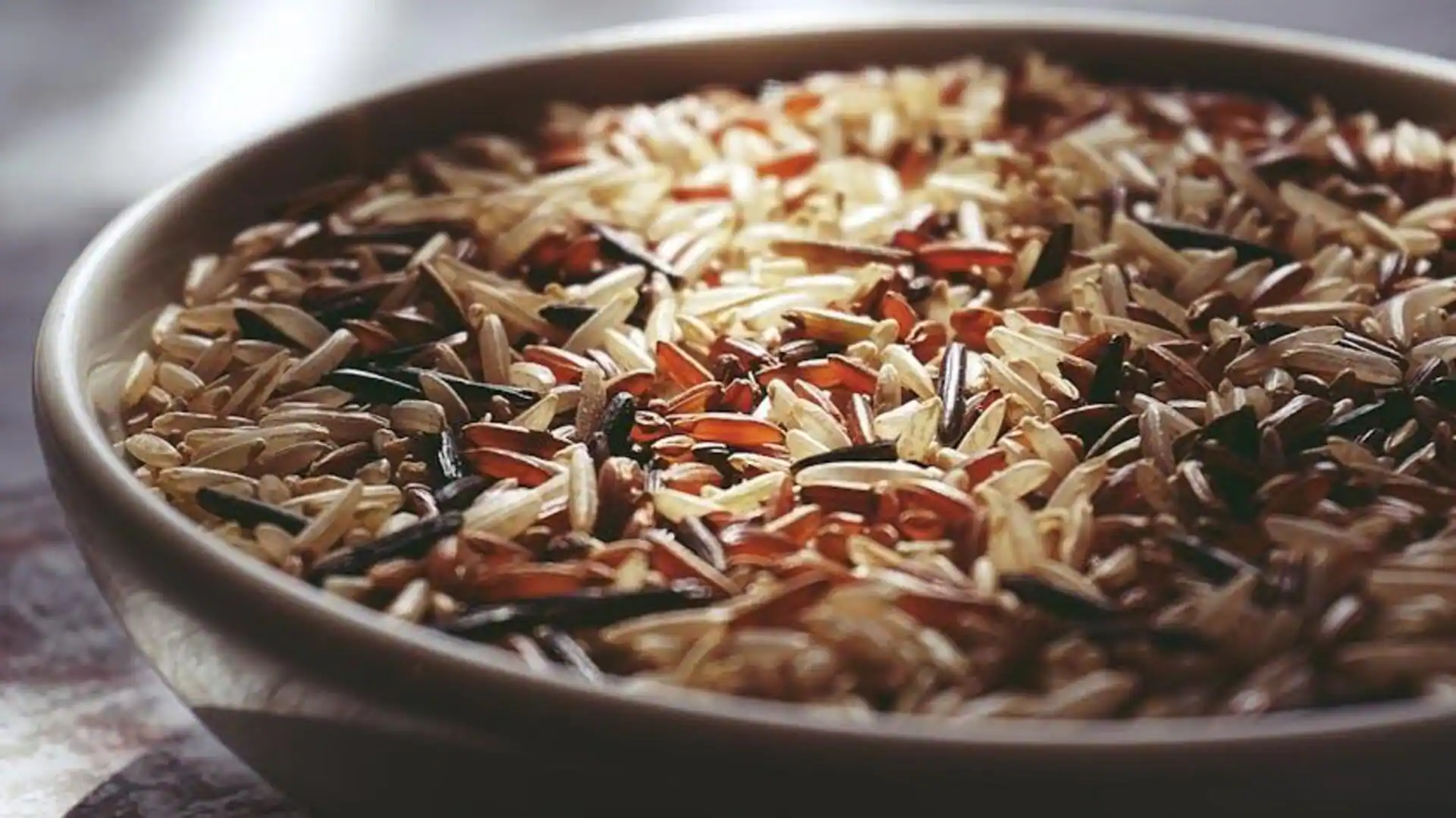By Sarah Ayoub
Copyright theage

Her central characters are well-formed, with sharp tongues and an astute awareness of life’s injustices. Grachu is a divorced mother of three trying to make ends meet as a cleaner, living in the ramshackle two-bedroom unit she’s scored in a shady rental agreement. She sells homemade empanadas as her side-hustle (not that she’d know the term), and worries about her friend Pancha, stuck in a marriage with a perpetual cheat because she has no money to venture out on her own.
Chula is Grachu’s aunt, who raises her from infancy after Grachu’s mother Tata flees the family home to join a resistance movement, but not before she destroys all traces of herself: disappearing in theory before she, like many other threats to the system, is forcibly disappeared. Chula draws on the wisdom of her ancestors as she navigates life and love with Grachu in her care, often hearing the voice of her abuela Ñeca guiding her through her precarious moments.
And then there’s Grachu’s eldest daughter Rita, a newly out bisexual woman who works in Australian television, and yearns to escape her family’s grasp while navigating her sense of otherness.
Their story is multi-layered and almost mystical, brimming with lore and custom. The Ferreira women are fierce and formidable, attuned to their strength, sensuality and suffering. Grachu, whose voice and story are the strongest of the three, knows her hands “only exist in this world as money-making machines, their value continuously dropping in the working-class market with every wrinkle that creases and folds her worth into smaller insignificant segments”. But she persists despite this, determined to make the best of her and her daughters’ lives.



